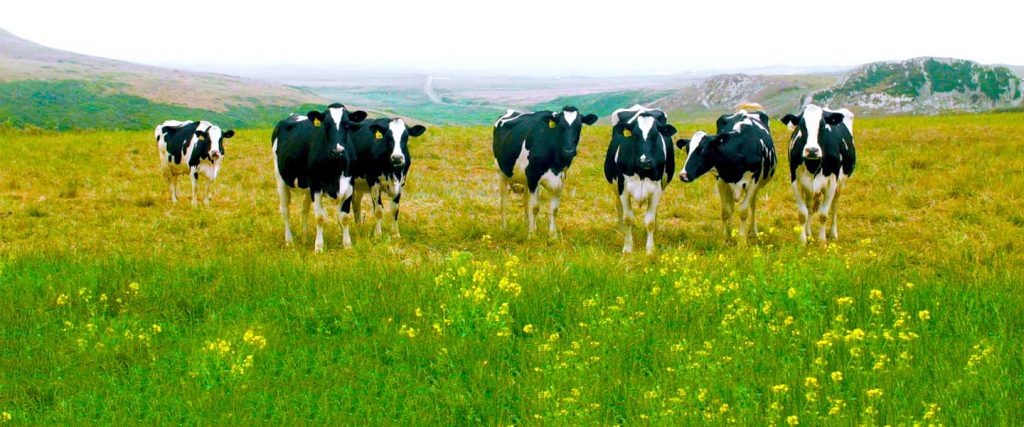Deseret News | Farms Are Fighting Climate Change, Too

Climate change is an existential threat to our food system, according to the Department of Agriculture. Warmer temperatures, erratic growing seasons and soil degradation are making it more and more difficult every year for farmers to deliver affordable, nutritious and plentiful food to American families.
Contrary to the noise generated by some of the loudest talking heads, however, our nation’s farmers and ranchers are part of the solution to climate change, not the problem. This week is National Ag Week, and it is an ideal time for people to pause and reflect on their relationship to food, farms and the soil we depend on for life.
Unfortunately, fewer and fewer Americans understand how their food is raised, packaged and shipped across the country. Direct on-farm jobs make up just 1.3 percent of total U.S. employment, according to the USDA. In other words, for many families the origin of their food journey begins on grocery store shelves.
Many consumers do not realize the extent to which farms are fighting back against climate change. Through American Humane’s farm program, which seeks to elevate standards for animal welfare around the world, our organization has found that a commitment to excellent animal welfare often goes hand-in-hand with outstanding sustainability.
Consider Cal-Maine Foods. Between 2016 and 2019, with boiler, furnace and heater upgrades, Cal-Maine Foods reduced its greenhouse gas emissions by 176 tons per year. During the same time period, with conscientious management of feed supply and systems, the company reduced its phosphorus gas output by half.
Or take Kreider Farms, an egg and dairy farm in Lancaster County, Pennsylvania, which directly recycles their cow and chicken manure into high quality fertilizer for their crops. On top of their chicken houses sit some 2,000 solar panels, generating enough clean energy to power 300 homes for a year.
Eliminating waste can be just as helpful as reusing disposable packaging. Clover Sonoma, a dairy farm based in Sonoma County, California, has made the deliberate decision to not use plastic caps on their milk cartons. As a result, they have prevented over 227,000 pounds of plastic from ever being created, and from ending up in the landfill. After investing in a plastic baler, Clover Sonoma is able to recycle an additional 20,000 pounds of plastic per year that would otherwise go to landfill.
America’s farmers and ranchers are often maligned in the media, demonized by misinformed pundits for their supposed contributions to climate change. And Americans, who are increasingly distant from the origins of their food, do not know how to parse the fact from the fiction on agriculture and climate change.
American Humane, the first national humane organization, works with farmers and ranchers across the United States who are diligently working to reduce their environmental impact and build a more sustainable world for future generations. Farmers, who work so closely with the land, recognize how much our lives and livelihoods depend on it.
To support farmers that do right by their animals and the world we share with them, American Humane encourages consumers to purchase food from ethically-driven farms that have been audited by an independent third-party.
Every day, consumers make decisions in the grocery. Make them count towards building a better world.
Robin R. Ganzert, president and CEO of American Humane, is the author of “Mission Metamorphosis: Leadership for a Humane World.”